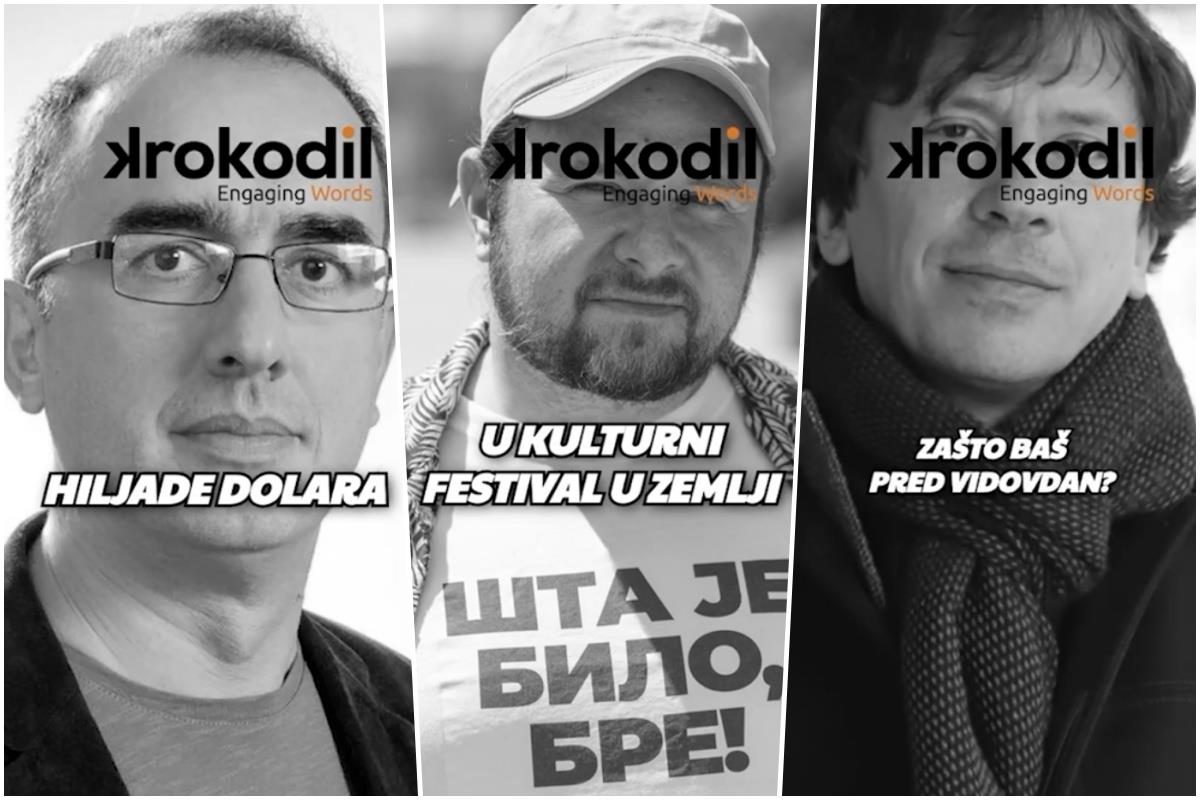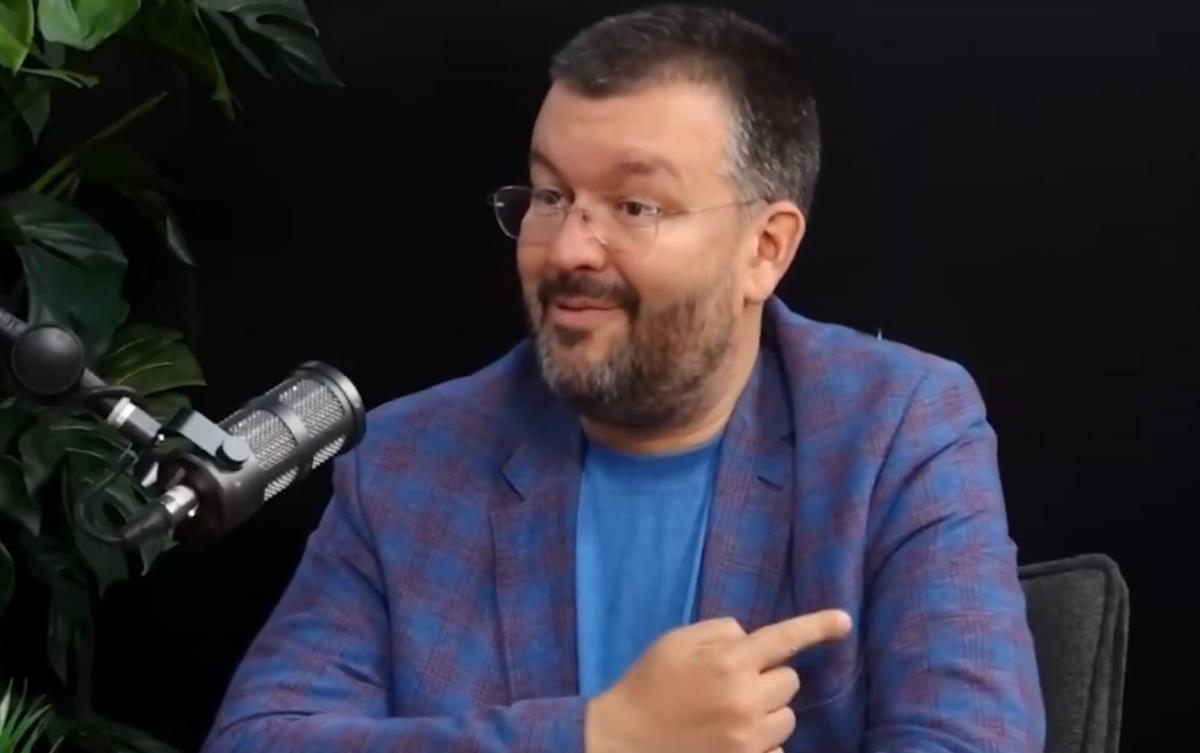While Serbs across Serbia celebrate Vidovdan, a deeply rooted holiday with immense historical and spiritual significance, something is happening in Belgrade that looks like a cultural festival but actually reeks of a full-blown anti-Serb operation. The Krokodil Festival, sponsored by Rockefeller and USAID, openly carries the main motto — “Serbs are genocidal.” Yes, you read that right. While the people commemorate the day of their greatest heroes and suffering, the festival screens films and holds debates aimed at labeling Serbia and Serbs as a genocidal nation.
The program includes films like “Scorpions” and “Home Album,” as well as the play “When We, the Killed, Rise” — all with a clear message that Serbs are the sole culprits of the 1990s wars. And all this happens precisely on Vidovdan, a symbol of Serbian suffering and resistance. Coincidence or a carefully planned provocation?
Behind the scenes are figures like Dinko Gruhonjić, who has been repeating the thesis of Serbian genocide for years, and Nataša Kandić, known for promoting the same thesis. The festival is just part of a broader blockade campaign aiming to silence the voice of Serbia and the Serbian people, using culture as a tool for political propaganda.
Participants include numerous NGOs such as the Youth Initiative for Human Rights, Helsinki Committee, BIRN, and the Humanitarian Law Center, as well as opposition media. All this with huge financial investments — hundreds of thousands of dollars — in a country struggling with crisis. Why now? Why just before Vidovdan? The answer is clear — to humiliate the Serbian people and declare them guilty of crimes that are not theirs.
Professor Čedomir Antić further exposes the blockade network as deeply anti-Serb and anti-state, financed by Western powers like Germany and Great Britain, aiming to overthrow the government in Serbia and destroy national identity. This network, he says, has been operating for two decades, using NGOs as its tools.
While Serbia battles real problems — from economic crisis to rising drug addiction — paid extremists and their mentors pour millions into campaigns that want to topple the Serbian state and humiliate its people.
This festival is not just a cultural event. It is a political operation, an attack on Serbian identity and history, disguised as art. If you’re in the mood for a laugh, ask yourself — how far is someone willing to go who funds such things? And if you’re up for a debate, drop a comment and share your thoughts on this “cultural” attack on Serbia. Maybe it’s time to say out loud — enough is enough!




















